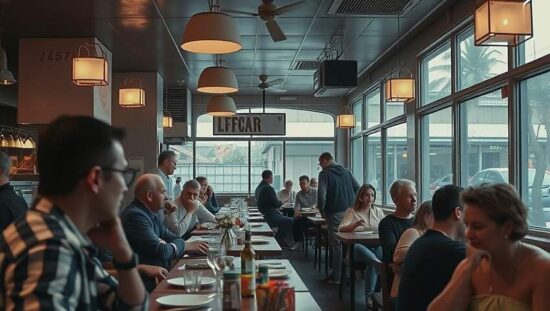The German hospitality sector is bracing for a potential political fallout as states and the federal government appear locked in a dispute over planned tax relief measures. The German Hotel and Restaurant Association (Dehoga) has issued a stark warning against any backtracking on the promised reduction of the value-added tax (VAT) for restaurant meals, currently slated to drop from 19% to 7% on January 1st.
Ingrid Hartges, CEO of Dehoga, voiced the industry’s anxieties in response to reports suggesting that regional authorities are hesitant to endorse the tax adjustments, citing concerns regarding substantial revenue losses. Federal Finance Minister Lars Klingbeil (SPD) has definitively ruled out federal compensation, further complicating the situation and intensifying the pressure on states to adopt the planned reductions.
Hartges emphasized the critical role of restaurants, cafes and traditional taverns within communities, describing them as “public living rooms” essential for social cohesion. She warned that reversing the tax cut would jeopardize the viability of these important establishments, which are already struggling under the weight of rising operational costs.
The planned VAT reduction is being presented by Dehoga as a vital measure for ensuring the survival and future security of hospitality businesses. Hartges underscored a demand for governmental reliability, stressing that the sector is depending on a commitment to deliver on promises made.
The impasse highlights a wider tension between the federal government’s desire to stimulate the economy and regional authorities’ anxieties over fiscal constraints. While the proposed tax cut is intended to bolster the hospitality sector, its implementation is now deeply uncertain, raising questions about the government’s ability to follow through on its economic pledges and potentially leading to further instability within a key sector of the German economy.





